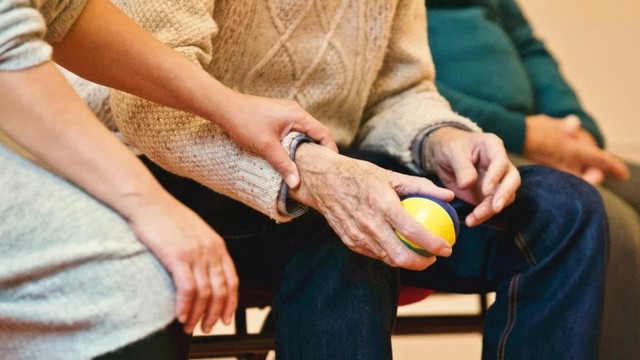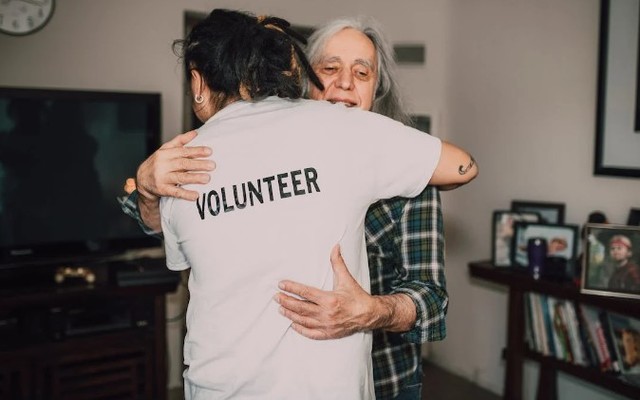To attain forgiveness, you must take a fundamental and necessary step. Discover in the following article how to take a leap of faith through this act of forgiveness.

"Whoever would foster love covers over an offense, but whoever repeats the matter separates close friends." Proverbs 17:9
Forgiveness is a central theme in all religions, including Christianity, where we are taught to forgive our brothers and sisters in Christ as part of our life of faith. But how do we forgive when we have been deeply wounded? How can we take the first step towards forgiveness?
This is an act of love and compassion that can be difficult to practice, especially when we have been deeply and painfully hurt. However, it is important to remember that forgiveness does not mean forgetting what has happened or minimizing the harm that has been caused.
Instead, forgiveness allows us to free ourselves from anger and resentment, and helps us move towards healing and peace.

"You, Lord, are forgiving and good, abounding in love to all who call to you." Psalm 86:5
One of the first steps towards forgiveness is acknowledging the feelings of pain and resentment that we feel. Often, when someone has hurt us, our first instinct is to be angry and feel justified in our anger.
But if we want to forgive, we must allow ourselves to feel our pain and sadness. By acknowledging these feelings, we can begin to process and release them.
The next step is to pray and seek God's guidance. Prayer is a powerful way to connect with the grace and mercy of God, and can help us find the strength to forgive. Ask God to help you heal and forgive those who have hurt you.
Often, finding the willingness to forgive is a gradual process, and prayer can be a valuable tool in this process.

"And when you stand praying, if you hold anything against anyone, forgive them, so that your Father in heaven may forgive you your sins." Mark 11:25
Another important step is to practice empathy and compassion. Try to put the other person's situation into perspective. What might have led that person to behave that way? How would you feel if you were in their place?
Practicing empathy and compassion helps us better understand the situation and allows us to see the other person as a human being with flaws and weaknesses.
Once you have worked through your feelings and sought God's guidance, it's time to take the first step towards forgiveness. This can be difficult, especially if the other person has shown no remorse.
But even if the other person is not willing to apologize, you can take the initiative to forgive them in your heart. It may be helpful to write a letter or have a conversation where you express your forgiveness and desire to let go of the pain and resentment.

"He is the atoning sacrifice for our sins, and not only for ours but also for the sins of the whole world." 1 John 2:2
Finally, it's important to remember that forgiveness is an ongoing process. Even if we have forgiven someone, feelings of pain or resentment may arise from time to time.
It's important to remember that these feelings are normal, and that we can turn to prayer and the practice of empathy and compassion to help us move forward.
Let's set aside feelings of anger and resentment and let gestures of reconciliation heal the wounds of our hearts and those of our brothers and sisters. Let us be receptive to receiving and giving repentance and forgiveness.